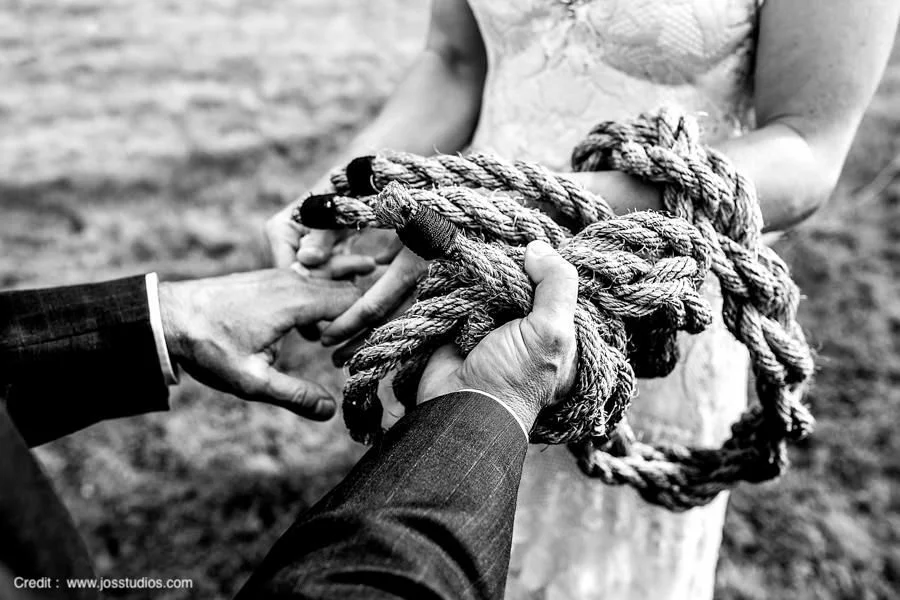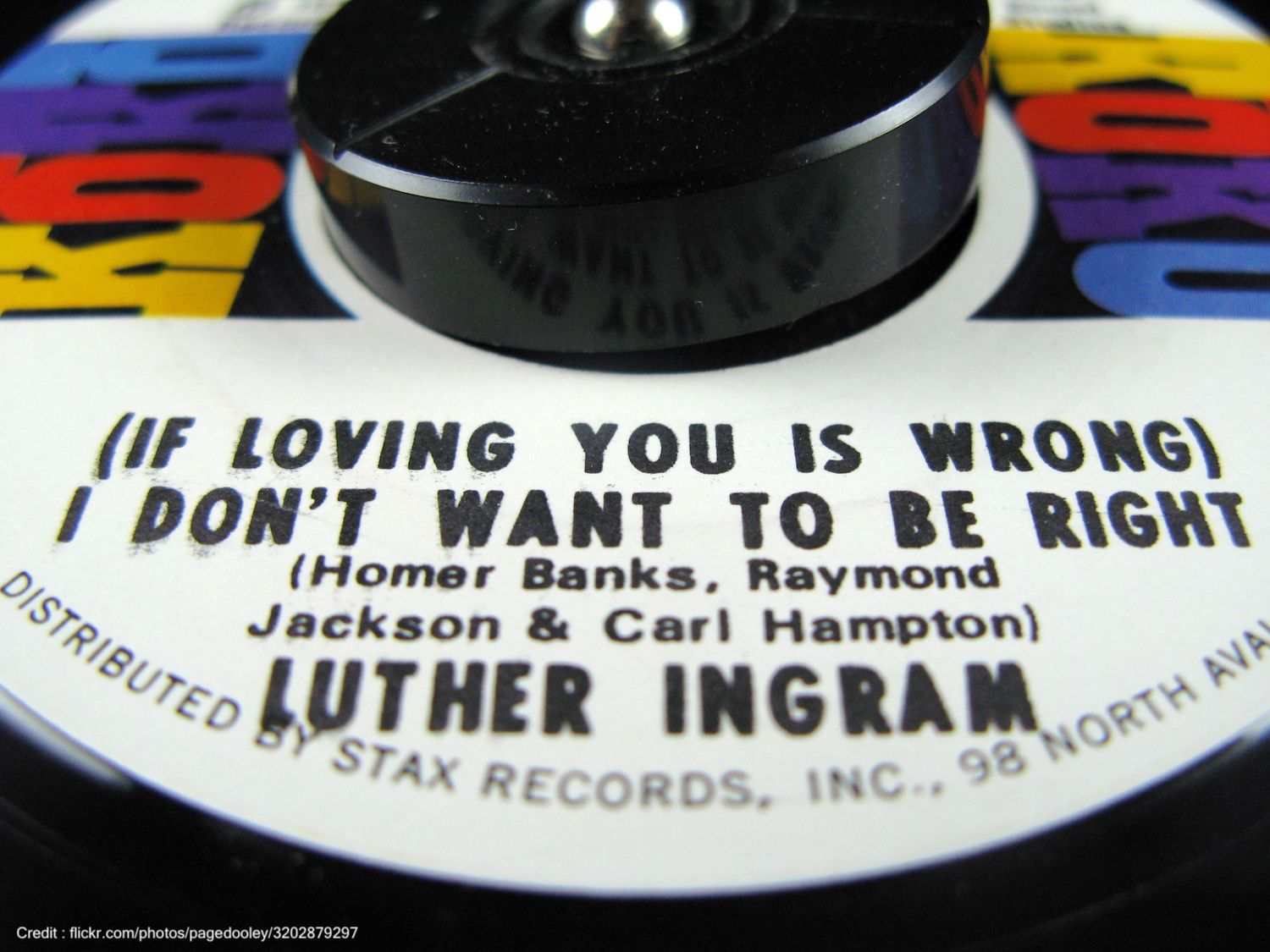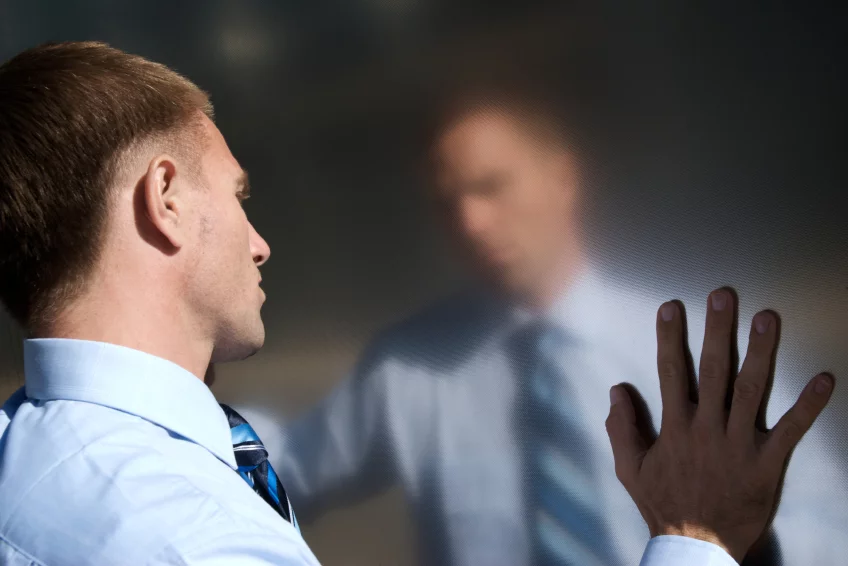Narcissist and codependent relationships occur when two people with complementary emotional imbalances begin to depend on each other, leading to an increasing spiral of harm for both people. In many cases, drugs or other addictive behaviours are involved, creating a highly volatile situation in which an unhealthy relationship centres around both partners’ destructive behavioural patterns.
This particular type of relationship involves two distinct personality types. Narcissists are likely to put themselves above all else, use other people to achieve their personal ends, exploit relationships without feeling guilty, blame other people when things go wrong, or even look down upon others simply to boost their self-esteem.
For their part, codependents tend to lack self-esteem, allow others to make decisions for them, put others before themselves, feel the need to be in a relationship, and are overly dependent on somebody else – their narcissistic partners, for example.
Once these relationships are formed, it can be very difficult to let go of them. Freeing yourself from codependency is necessary for a number of reasons, although it requires a great deal of insight, self-examination, and courage. Both the narcissist and the codependent have the tendency to reinforce one another in negative ways, especially in situations that involve drug or alcohol addiction. But with the right measure of guidance and support, it is indeed possible to safely end a codependent relationship, for the long-term benefit of everybody involved.
Why Narcissists become Alcoholics or Addicts
As rule-breakers and attention-seekers, narcissists strongly believe that they are more special than other people. They have an emotional need to receive great respect, even as they ignore laws or rules that are meant to apply to them.
Narcissists are more likely to participate in antisocial behaviour without worrying about health, safety or any other factors. They may feel comfortable bullying other people, or forcing those around them to take responsibility for their own negative behaviour.
Because they come to believe that they are always in control, and that their behaviour is largely immune from consequences, narcissists are more likely to take drugs or alcohol without worrying about becoming addicted, or experiencing adverse health effects. This overconfidence can lead to devastating outcomes, for themselves as well as those around them.
Understanding Codependency and Enabling Behaviour
Sooner or later, reality catches up with narcissists. But this result can be delayed if their partners are codependents whose instinct is to bend over backwards to please their addicted loved one. By striving above all else to make their narcissistic partner happy, codependents often feed these addictions instead of taking forceful steps to try to end them.
Addictions are hard to sustain for long periods, often due to concerns over money. But with codependents taking on the role of enablers for their partners, harmful substance abuse can go on for extended amounts of time. Enabling behaviour occurs when the codependent helps or encourages the narcissist to continue drinking alcohol or using drugs, either directly or indirectly. For example, a codependent may give their partner money to buy drugs or liquor, or help them hide their addiction from others.
Soon an unhealthy equilibrium begins to take shape, as the codependent is controlled by their narcissistic partner’s addictive behaviour. The codependent believes that acceptance and approval are of utmost importance – and that the way to achieve these goals is by taking care of the addict in the way he or she desires. The relationship soon becomes manipulative, with the narcissist addicted to a toxic substance, and the codependent addicted to their relationship with the narcissist.
How to End a Codependent Relationship
All human relationships are emotionally trying at times, and particularly so when one person breaks away from the other. People need support from those closest to them during emotional moments, and freeing yourself from codependency is an especially trying experience. Codependency involves genuine mental health issues on both sides, meaning that the decision to end such a relationship goes against many deep-rooted beliefs.
Taking this bold step forward therefore requires a strong conviction that it is the right and necessary thing to do. This belief needs to be reinforced by the people around the codependent, who help them see their situation with a clarity that their own emotions sometimes fail to produce. The codependent must learn to envision that a positive outcome does not need to involve their partner, and that their partner also needs a kind of help that the codependent cannot give.
The level of understanding and strength needed to break free from the relationship tends to be elusive when the codependent is still inside the relationship. An intervention from family or friends may be necessary, including a physical separation from their partner. Psychologists and therapists can show the codependent that the path forward is indeed brighter than it may look at first. And through continuous practice, encouragement, and development of mental wellbeing, codependents can indeed rise above their present situation – and learn to adopt a more balanced approach to themselves as well as to others.
Recovering from Narcissist and Codependent Relationships at The Dawn Rehab Thailand
If you have noticed signs of narcissism or codependency in yourself or a loved one, there may be other factors at work. The Dawn Rehab can explore the underlying causes of this dysfunctional relationship, whether it stems from addiction, childhood trauma, or mental illness.
As one of Thailand’s most respected recovery centres, The Dawn is fully equipped to treat the psychological conditions that contribute to the formation of codependent relationships, along with related afflictions such as depression, anxiety and insomnia. We also offer therapy for families or couples as part of our inpatient programme, in order to initiate positive change and improve family dynamics.
The Dawn’s mental health professionals can help you recover from mental health issues, showing you how to end a codependent relationship and truly move forward. To learn more about how our world-class treatments and services can guide you toward a balanced and satisfying life, contact The Dawn today for immediate assistance.
Related Posts
 Loving Too Much: How to Overcome Codependency & Get Your Life Back
Do you know someone who needs approval from others to feel good about themselves? Do they fall apart when someone offers constructive criticism? Maybe they are too clingy, or stay...
Loving Too Much: How to Overcome Codependency & Get Your Life Back
Do you know someone who needs approval from others to feel good about themselves? Do they fall apart when someone offers constructive criticism? Maybe they are too clingy, or stay...
 Telltale Signs of Codependency: The Relationship Between Addict & Codependent
Codependence is a psychological condition or a relationship in which a person with low self-esteem and a strong desire for approval has an unhealthy attachment to another person. They place...
Telltale Signs of Codependency: The Relationship Between Addict & Codependent
Codependence is a psychological condition or a relationship in which a person with low self-esteem and a strong desire for approval has an unhealthy attachment to another person. They place...
 Love Addiction: 8 Signs You’re in a Codependent Relationship with an Addict
If you’re in a relationship with someone who suffers from addiction it can be easy to blame them for all the things that are going wrong in your life. Your...
Love Addiction: 8 Signs You’re in a Codependent Relationship with an Addict
If you’re in a relationship with someone who suffers from addiction it can be easy to blame them for all the things that are going wrong in your life. Your...
 Narcissism and Drug Addiction – What Happens When Two Disorders Meet
Narcissism and drug addiction often go hand-in-hand since individuals with narcissistic personalities need to find a way to escape their overwhelming emotional anxiety and pain. Similarly, most addicts have narcissistic...
Narcissism and Drug Addiction – What Happens When Two Disorders Meet
Narcissism and drug addiction often go hand-in-hand since individuals with narcissistic personalities need to find a way to escape their overwhelming emotional anxiety and pain. Similarly, most addicts have narcissistic...





